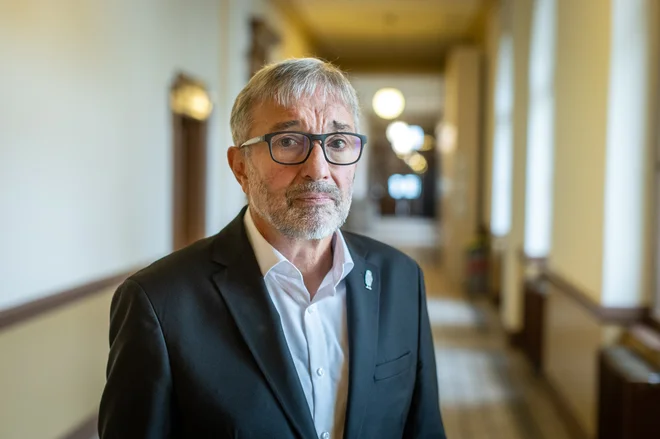Missing to safeguard the agricultural reserve

The controversial change to the soil law approved after strong public contestation brought the debate a structural theme for the country’s future: how do we use our soil and with what criteria? This is not just a technical debate. It is a test to our ability to protect the territory in a time of climate crisis, scarcity of resources and geopolitical instability.
The way we continue to allow the reclassification of rustic soils to urban reveals an unsustainable logic of territorial expansion. With each new municipal master plan, pressures increase to convert agricultural areas to urbanization, often without taking into account strategic considerations, without proof of need, and without guarantee that the impacts will be minimized.
One of the main assets put at risk is the National Agricultural Reserve (RAN). These areas represent the best soil for national food production – and, therefore, should be treated as a critical infrastructure. Its preservation is an essential condition for food sovereignty, mitigation of emissions and adaptation to climate change. The war in Ukraine, prolonged drought in southern Europe and the growing volatility of international food markets are clear alerts: we cannot continue to sacrifice fertile land for new urban areas of dubious need.
The so -called ‘soil law’ should be revised structurally in order to ensure a priority inversion. Before any soil reclassification, municipalities must be required to prove:
- That there are no urban soils available for duly infrared construction;
- That the vacant fireworks and buildings were counted by rehabilitating in the territory;
- That the new land occupation is compatible with the principles of sustainable mobility, emissions reduction and climate resilience.
- Which under no circumstances can be classified as urban soil currently included in the National Agricultural Reserve.
It is unacceptable that, in the 21st century, it continues to expand the urban spot by ignoring existing infrastructures, emissions associated with individual transport and hidden costs for public services. Urban dispersion is incompatible with a low carbon mobility network. The further it is built, the more dependence on the car it is created – and the more difficult to ensure efficient public transport.
The response to the housing crisis cannot be used as automatic justification for more expansion. Urban policy is required to regenerate the regeneration of historical centers, the recovery of vacant heritage and the qualified densification with green spaces, proximity to services and access to public transport. Urban containment is a condition for territorial cohesion.
Portugal needs a modern law based on efficient soil management, combating territorial waste and protecting the country’s strategic values. The preservation of the RAN should be a fundamental clause, not tolerated exception. With each hectare of lost agricultural soil, our external dependence and fragility are increased by the thickening crises.
The recent reversal of the government proposal was a public interest victory. But it is not enough to avoid setbacks: you need to advance with courage. The new soil law has to be more than one technical regulation – it must be a pillar of the ecological transition and national security.
ZERO ASSOCIATION






